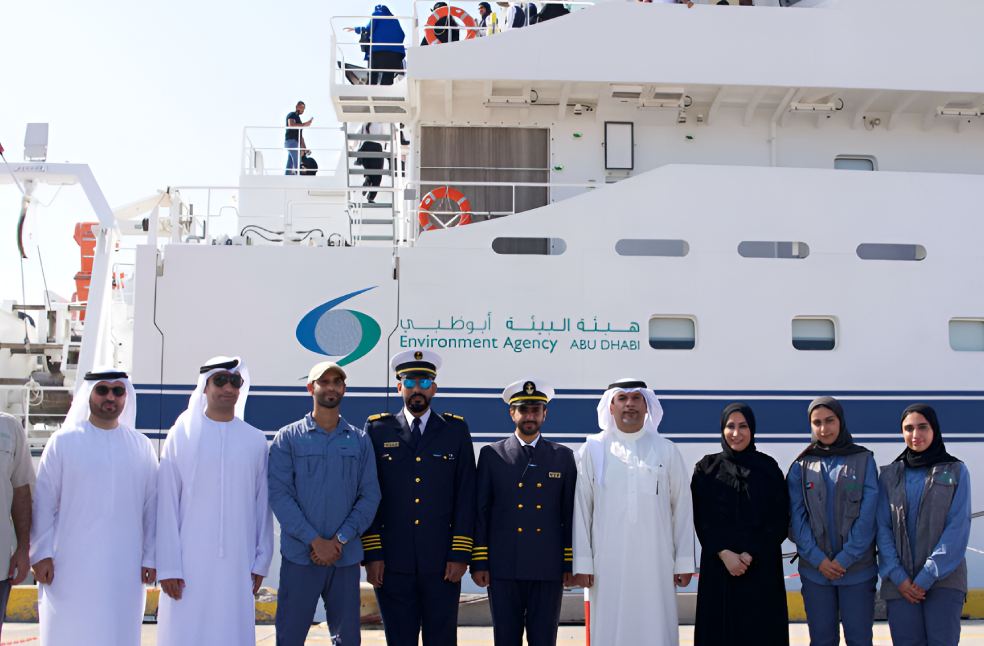Strengthening Marine Research Collaboration in the Gulf

A high-level delegation from the Environment Agency – Abu Dhabi (EAD) recently visited the Kingdom of Bahrain. Led by Her Excellency Dr. Shaikha Salem Al Dhaheri, Secretary-General of EAD, the visit aimed to enhance regional collaboration in marine research. The delegation focused on sharing best practices for protecting the marine ecosystem and fostering ties between the UAE and Bahrain in environmental sustainability. This initiative is crucial for addressing the pressing environmental challenges faced by the Arabian Gulf.
Strengthening Ties Through Collaborative Efforts
During the visit, key meetings were held with His Excellency Dr. Mohammed bin Mubarak bin Daina, Bahrain’s Minister of Oil and Environment. The discussions centered on developing joint programs to study biodiversity and tackle environmental challenges in the Arabian Gulf. Both nations recognized the importance of protecting their marine resources for future generations. The collaboration aims to ensure long-term sustainability and resilience of the marine ecosystem.
The delegation’s discussions also highlighted the need for comprehensive research to understand the impacts of climate change on marine life. By pooling resources and expertise, the UAE and Bahrain can create effective strategies to combat environmental degradation. This partnership is vital, as the Arabian Gulf faces numerous threats, including pollution, overfishing, and habitat loss. The commitment to joint research initiatives will pave the way for innovative solutions that benefit both countries and the broader region.
Innovative Research Initiatives with the Jaywun
A significant highlight of the visit was the deployment of EAD’s advanced marine research vessel, Jaywun. This vessel embarked on a groundbreaking scientific mission to conduct environmental studies in the territorial waters of both the UAE and Bahrain. The mission marked a first-of-its-kind survey in the region, collecting over 150 samples from eight distinct sites. The research included innovative environmental DNA studies on marine biodiversity, acoustic surveys of the seafloor, and water quality assessments.
The Jaywun’s mission also addressed critical environmental issues such as heavy metal presence, nutrient enrichment, and microplastic contamination in the marine environment. Additionally, the research examined the effects of transboundary sandstorms on air and water quality. This comprehensive approach provided valuable data on the region’s environmental health.
The vessel made stops at Bahrain’s Khalifa Bin Salman Port, engaging with local stakeholders, including representatives from the Supreme Council for Environment and local universities. Educational visits from students and experts further strengthened collaboration between the two nations. Dr. Shaikha Salem Al Dhaheri emphasized the importance of regional cooperation in addressing environmental challenges. She stated that the scientific knowledge shared through this mission is crucial for preserving marine resources and biodiversity for future generations.
Since its launch in January 2023, the Jaywun has been instrumental in advancing marine research in the region. With its state-of-the-art laboratories and extensive operational capabilities, it has already conducted numerous research studies. This mission underscores the significance of international collaboration in tackling the global environmental crisis and enhancing the sustainability of the Arabian Gulf’s marine resources.
